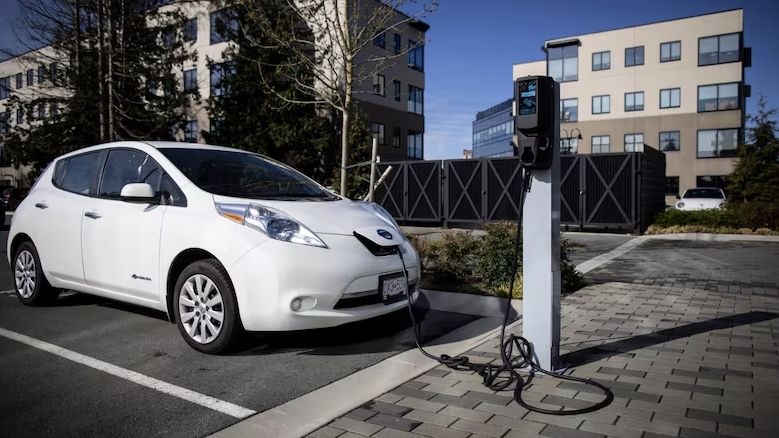B.C. EV Owners Highlight Public Charging Gaps Despite High Satisfaction with Cost Savings
Subhadarshi Tripathy
1/16/20252 min read


Electric vehicle (EV) owners in British Columbia are grappling with a shortage of public charging stations, according to a recent Canadian Automobile Association (CAA) survey. The study, conducted in October 2024, surveyed over 5,100 B.C. EV owners and found that 70% were dissatisfied with the availability of public fast chargers.
Mixed Experiences
While frustrations with charging access persist, particularly during long-distance travel outside urban hubs, EV owners are largely positive about their vehicles. The survey revealed that:
86% of respondents are likely to buy another EV.
97% report significantly lower fuelling costs compared to gas-powered vehicles.
Doug Beckett, founder of the Prince George Electric Vehicle Association, acknowledged the ongoing challenges of finding chargers but noted steady improvements.
“It takes a little planning, especially for longer trips,” said Beckett. “But the situation is improving, and I’m optimistic private industry will step in to meet demand.”
Expanding Infrastructure
The province recently completed its "Electric Highway," comprising 155 charging locations and over 310 fast chargers spaced approximately 150 kilometres apart along major highways. Additionally, BC Hydro announced plans to deploy ultra-fast 400 kW charging stations in 2025, capable of adding up to 100 kilometres of range in just two to three minutes.
Despite these advancements, Metro Vancouver will require thousands more chargers by 2050 to keep up with demand, according to a 2023 report from the Metro Vancouver Regional District.
EV Adoption Growing Rapidly
EV ownership in B.C. is surging, with nearly 25% of all new vehicle registrations in the province being electric in late 2024—well above the national average of 16.5%.
Beckett, who owns an EV, emphasized the financial and environmental benefits of going electric:
“It costs me around $17 to drive 1,000 kilometres. Plus, the reduced pollution improves air quality and public health, which was a big motivator for me.”
National Targets
Canada has set ambitious targets for EV adoption:
20% of new light-duty vehicle sales by 2026.
60% by 2030.
100% by 2035.
While progress is evident, challenges remain in ensuring infrastructure grows alongside the increasing demand for electric vehicles. As Beckett puts it, “We need to focus on filling those gaps to make EV travel more seamless for everyone.”
News
Stay updated with the latest BC news stories, subscribe to our newsletter today.
SUBSCRIBE
© 2025 Innovatory Labs Inc.. All rights reserved.
LINKS
